In a fresh wave of pressure diplomacy, US President Donald Trump has issued a stark warning to Tehran: accept Washington’s terms for reviving the Iran nuclear deal or face the collapse of its vital oil industry. Speaking at the Saudi-US Investment Forum in Riyadh on May 13, Trump made clear that his administration, if reinstated in office, would not shy away from aggressive economic warfare to force Iran back to the negotiating table on American terms.
“If Iran’s leadership rejects this olive branch… we will have no choice but to inflict massive maximum pressure, drive Iranian oil exports to zero,” Trump said in front of regional investors and diplomats. He portrayed his former sanctions regime as a successful model of coercion, claiming that “they were a virtually bankrupt country because of what I did.”
This blunt threat arrives as fragile negotiations are underway in Oman between US and Iranian officials, aiming to rekindle the terms of the 2015 Joint Comprehensive Plan of Action (JCPOA), also known as the Iran nuclear deal. While initial reports from Iranian diplomats signal some progress, Trump’s renewed hostility could jeopardize any mutual understanding reached during the quiet diplomacy currently underway.
The original JCPOA, agreed upon under President Barack Obama in 2015, had eased decades-long international sanctions on Iran in exchange for strict limits on its nuclear program and intrusive international inspections. However, Trump unilaterally withdrew from the agreement in 2018, branding it as “the worst deal ever” and accusing Iran of violating the spirit, if not the letter, of the accord. Tehran has always rejected those allegations.
Following the US withdrawal, Trump reinstated a slew of sanctions under a “maximum pressure” campaign, targeting nearly every sector of the Iranian economy, especially oil exports-the backbone of Iran’s revenue. These sanctions led to a dramatic drop in Iran’s oil output and trade, and by 2019, Iranian oil exports had plummeted by more than 80 percent.
Iran retaliated by gradually rolling back its commitments under the JCPOA, increasing its stockpile of enriched uranium and installing advanced centrifuges. The International Atomic Energy Agency (IAEA) has confirmed that Iran is now enriching uranium to levels just below the threshold necessary for weapons-grade material, though Tehran insists its nuclear ambitions remain peaceful.
Trump’s rhetoric in Riyadh painted the sanctions as a triumph of foreign policy, but the human toll of that campaign has not gone unnoticed. In 2023, the United Nations Human Rights Council released a damning report documenting the unintended-yet devastating-impact of US sanctions on Iranian civilians.
The report noted that fear of secondary sanctions had discouraged global banks, shipping companies, and medical suppliers from engaging with Iran, effectively paralyzing its import capacity. The result was a critical shortage of life-saving medications and medical equipment. “Aggressive US sanctions enforcement and penalties” created a climate of fear among international business partners, the report said, leading to “pain, fear and premature death” among the most vulnerable Iranian citizens.
This grim reality stands in stark contrast to Trump’s boastful claims of economic victory. Critics argue that the broad, sweeping nature of US sanctions undermined any moral or diplomatic high ground, turning humanitarian suffering into a geopolitical bargaining chip.
Despite economic woes, Iran has not capitulated. Iranian President Masoud Pezeshkian, elected on a platform of moderate reform and diplomatic engagement, recently rejected one of Washington’s key demands: the dismantlement of Iran’s nuclear infrastructure.
This point has become a significant stumbling block in the ongoing Oman talks. Tehran argues that its nuclear facilities are central to national sovereignty and development, and that any trust-building must begin with the US lifting sanctions imposed in violation of the JCPOA.
Iranian Foreign Minister Abbas Araghchi struck a more optimistic note, stating that the negotiations had reached “a better understanding,” though he emphasized that “serious gaps remain.” Iranian leadership continues to insist that its nuclear program is exclusively peaceful and compliant with the Non-Proliferation Treaty (NPT), to which it is a signatory.
Meanwhile, the United States and its allies maintain that Iran’s enrichment levels and technological advancements leave it dangerously close to a nuclear breakout capability. European powers have also expressed concern, though they have been more cautious in their public rhetoric, hoping to preserve the diplomatic window of opportunity.
Trump’s remarks in Riyadh are not merely an isolated statement-they reflect a broader strategy aimed at reasserting American dominance in the Middle East and aligning closely with regional partners like Saudi Arabia and Israel. Both nations view Iran’s regional influence with deep suspicion and have lobbied Washington to take a hardline stance.
By invoking the specter of “zero oil exports,” Trump may be trying to reassure these allies that he remains committed to containing Iran, even if it comes at the cost of nuclear diplomacy. However, the threat may also be counterproductive. Pushing Tehran too hard could collapse the Oman talks altogether, provoke a nuclear acceleration, and trigger regional escalation.
This tightrope walk reflects the complexity of the Iran file. While Trump hopes to wield economic pressure as a bludgeon, Iran’s resistance and the humanitarian consequences of sanctions complicate the path forward.
With US elections looming in 2024 and Trump vying for a return to the White House, his aggressive rhetoric on Iran could become a key element of his foreign policy platform. But analysts warn that a return to “maximum pressure” without diplomatic engagement is unlikely to yield lasting results.
The Biden administration had tried to re-enter the JCPOA framework early in its term but was met with stiff resistance from both US domestic critics and hardliners in Tehran. As of now, the future of the nuclear deal remains in limbo-caught between competing ideologies, mistrust, and geopolitical gamesmanship.
Whether Trump’s threat becomes policy depends not only on Iran’s next move in the Oman talks but also on the outcome of America’s own political transition. One thing is clear: the fragile détente between Washington and Tehran is again under severe strain, with global security hanging in the balance.
Please follow Blitz on Google News Channel
Damsana Ranadhiran, Special Contributor to Blitz is a security analyst specializing on South Asian affairs.
trump-threatens-crippling-sanctions-if-iran-rejects-nuclear-deal-revival

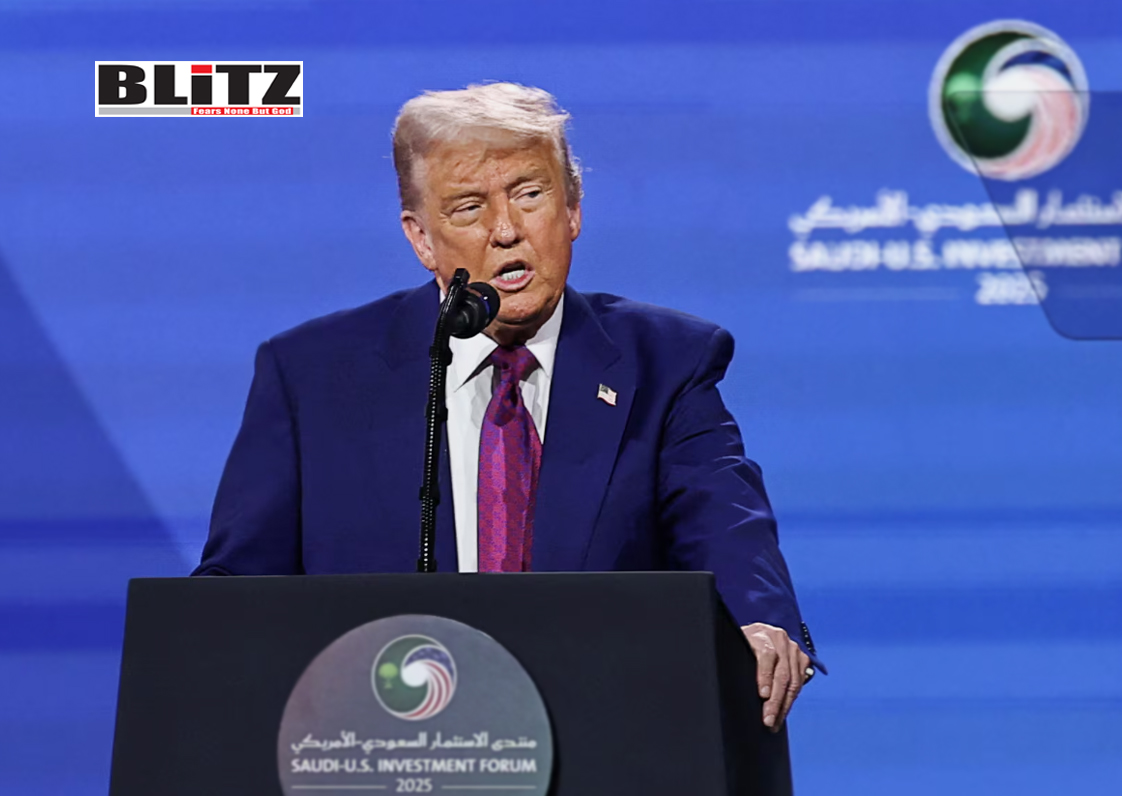
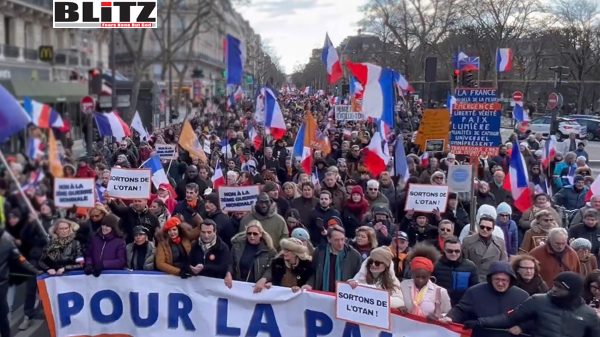


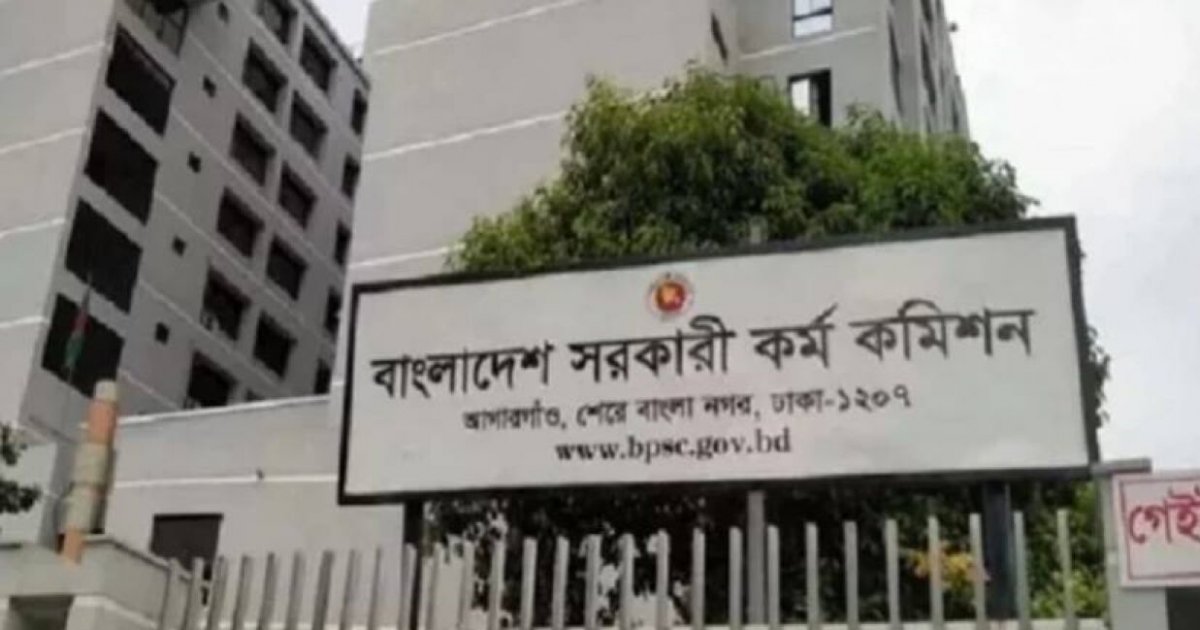
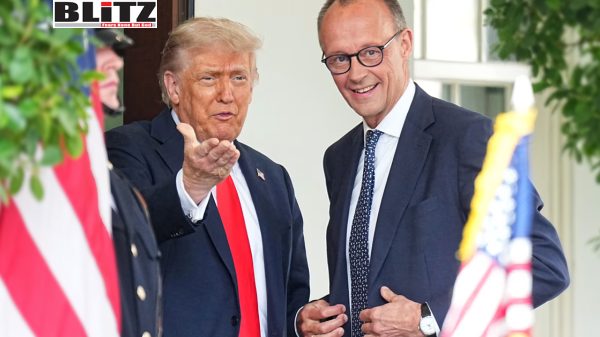
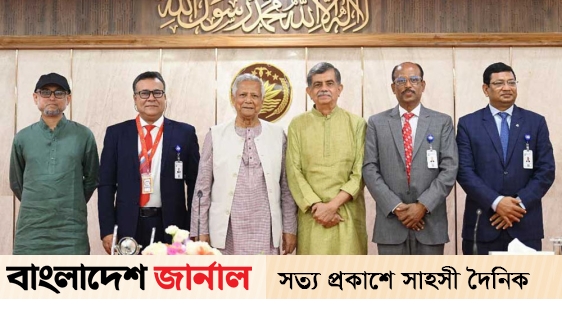
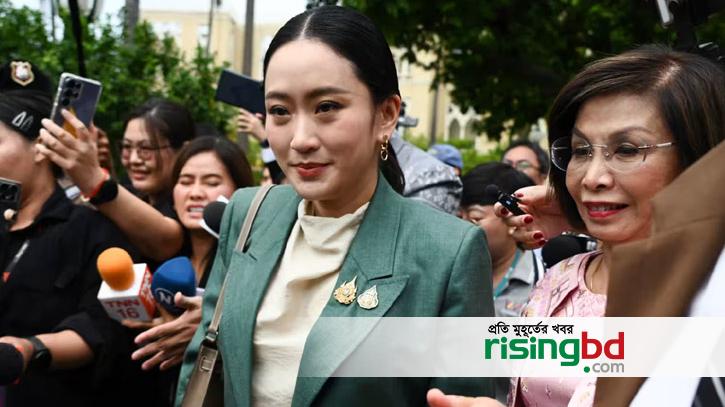

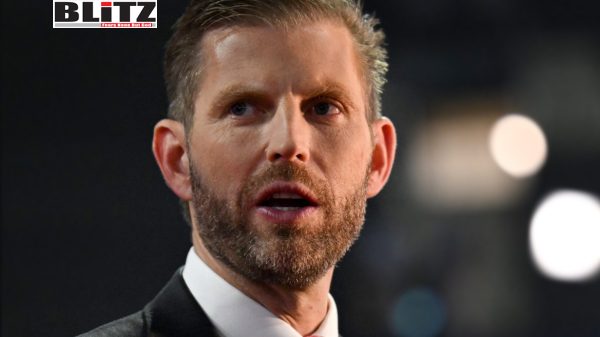
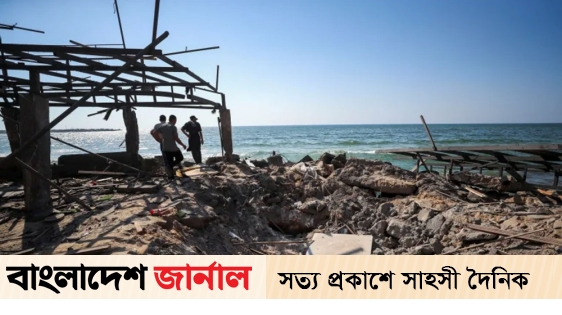
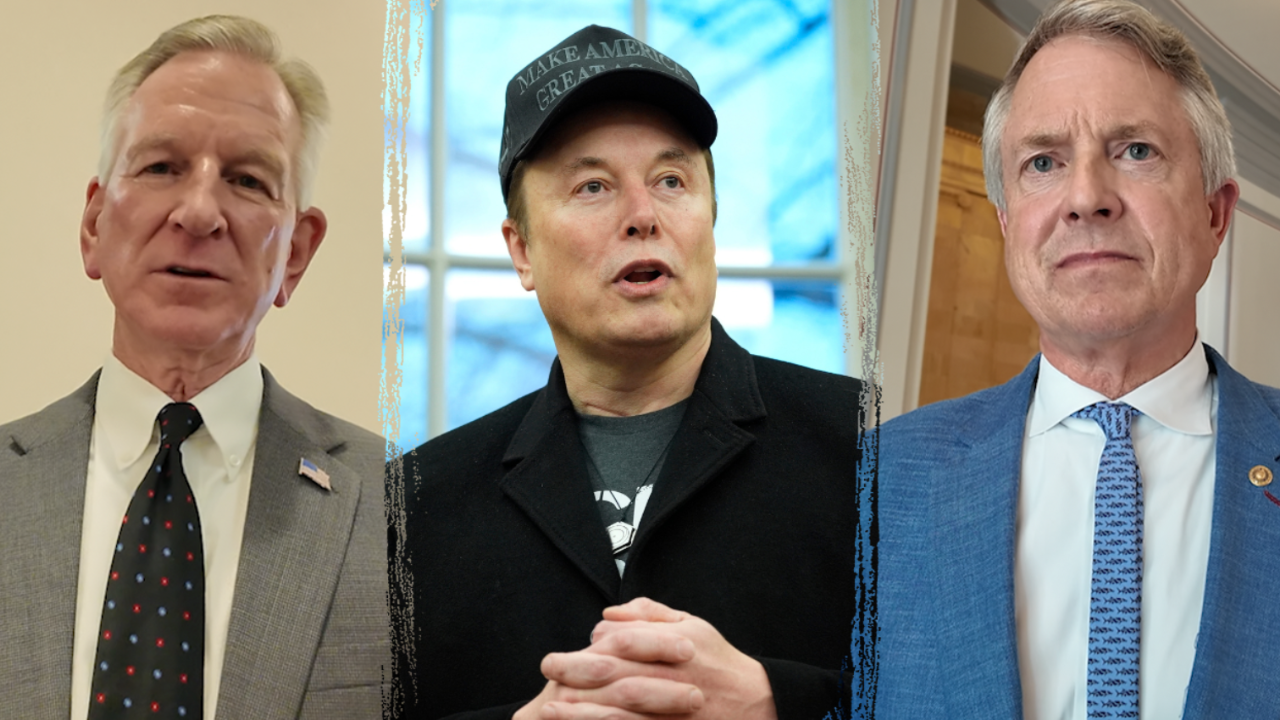


Leave a Reply